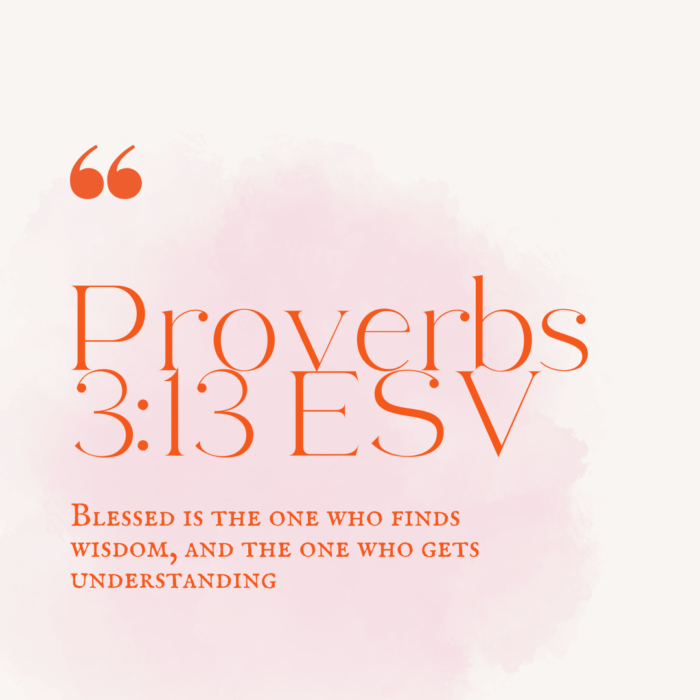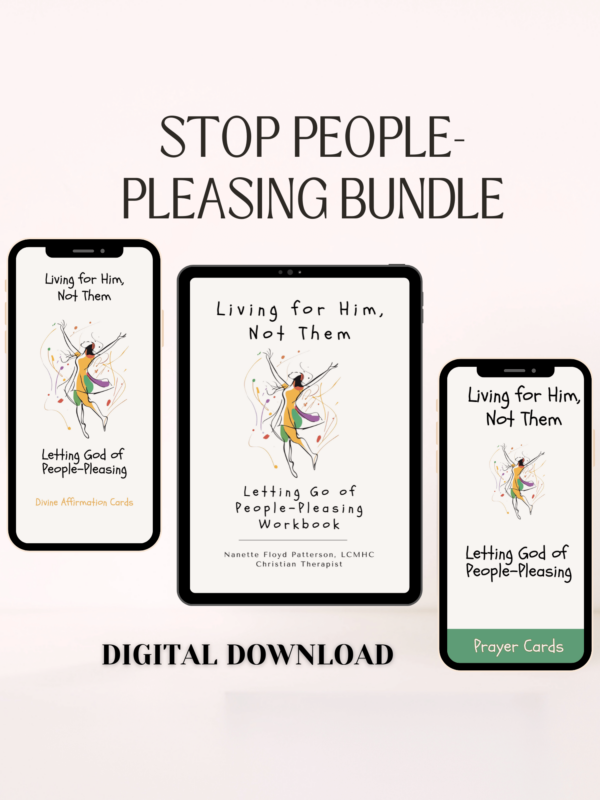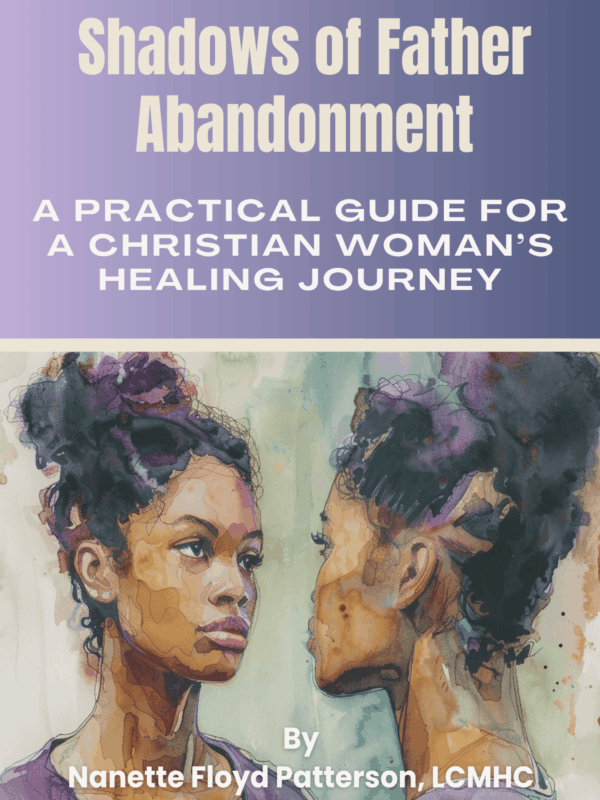
Have you ever been told that you ask too many questions?”
As a therapist, I work with many individuals who are natural questioners. They’re the kind of people who instinctively ask “why” or “how” to understand the world around them. And let me tell you, this gift isn’t always appreciated.
I’ve heard their stories: a spouse or partner who gets frustrated with their questions, a boss who thinks they’re challenging authority, or a family member who feels like they’re being interrogated. These individuals often feel stuck between being true to themselves and avoiding conflict.
The more I heard these stories, the more I began to see a pattern. These questioners weren’t trying to be difficult or confrontational—they were simply wired to seek understanding. So, I prayed about it, asking God to show me how to help them embrace who they are without shame or fear. That’s when it became clear: this natural ability to ask questions isn’t a problem. It’s a gift.
I call it the gift of curiosity.
It’s a God-given design meant to encourage growth, connection, and wisdom. But like any gift, it’s not always easy to use. When met with resistance, questioners can feel misunderstood or even silenced. That’s why this blog exists—to help you honor this gift, even when it’s not always welcome, and to encourage you to develop a healthier relationship with curiosity.
When you recognize your relationship with curiosity, you begin to understand how to use this gift wisely. It’s not just about the questions you ask, but also about the intent behind them, the timing, and the impact they have on others. A healthy relationship with curiosity allows you to lean into your questions with confidence while respecting the boundaries and readiness of those around you.
Curiosity as a Gift
Curiosity is how we grow. It’s how we connect. It’s how we get to know ourselves, each other, and even God on a deeper level. The questions we ask—about life, faith, or our own hearts—are part of a bigger picture. They’re like bridges, helping us cross from confusion to clarity, from surface-level interactions to meaningful relationships.
But let’s be honest: questions can also make people uncomfortable. Maybe someone takes your curiosity as criticism or assumes you’re trying to prove a point. That kind of resistance can make you second-guess yourself. You might wonder, Should I even be asking this? Is it worth it if they don’t get it?
Here’s the thing: curiosity is meant to be embraced, but it matters how we use it. When your questions come from a place of genuine care, wonder, and humility, you’re honoring the gift God gave you. But if they come from frustration, manipulation, or even pride, it’s worth pausing to reflect.
When Curiosity Meets Resistance
We’ve all been there. You ask a question, and the other person shuts down or seems annoyed. Maybe they feel judged. Maybe they think you’re challenging them. Or maybe they just don’t like being questioned at all. It could be many reasons.
That’s where discernment comes in. Not every person or moment is ready for deep questions. And that’s okay. Curiosity, when guided by love and the Holy Spirit, respects both the one asking and the one being asked.
Even Jesus faced resistance when He asked questions. Think about how He asked His disciples, “But who do you say that I am?” (Matthew 16:15). He wasn’t just looking for information; He was inviting them to reflect, to go deeper. That’s what healthy curiosity does—it challenges, yes, but it also connects.
Practical Ways to Honor Your Curiosity
Here are a few things to think about when you’re trying to embrace your inner questioner without stepping on toes:
- Check Your Heart First
Why are you asking this question? Is it because you truly want to understand, or are you looking to prove a point? If your heart is in the right place, lean into your gift.
Try asking yourself: What’s my intention behind this question? - Not Every Question Is for Every Moment
Timing matters. Sometimes people aren’t ready to go deep, and that’s okay. Pause and ask yourself if this is the right time—or if the Holy Spirit is nudging you to hold back.
Reflect on this: Who in my life seems open to exploring deeper questions, and who may need more time? - Reframe Resistance
If someone resists your questions, don’t take it personally. It doesn’t mean your curiosity is wrong. Sometimes resistance is about them, not you.
Ask yourself: How can I respond with patience when someone isn’t open to my questions? - Celebrate the Good Questions
Think about the moments when your questions have led to breakthroughs—when they helped you learn something, connect with someone, or see things more clearly. Celebrate that!
Ask yourself: What are some ways my curiosity has been a blessing in my life? - Stay Open to Growth
Being curious isn’t just about learning more about others; it’s also about learning more about yourself. What if you let your questions push you to grow spiritually, emotionally, and relationally?
Ask yourself: How might my curiosity lead me to a deeper understanding of God and myself?
Let’s Be Honest About Questions
If you’re someone who hates being asked questions, I get it—questions can feel like an invasion of your space. But what if you reframed them? What if you saw someone’s curiosity as their way of connecting with you? Here are a few ways to ease that tension:
- Instead of reacting defensively, try saying: “That’s an interesting question—let me think about it.”
- If you’re caught off guard, respond with grace: “I’m not sure how to answer that right now. Can we come back to it later?”
A Final Encouragement
Curiosity is a gift. It’s part of your God-given design that encourages growth, builds connections, and leads us closer to truth. But like any gift, it requires care and intentionality. Developing a healthy relationship with curiosity means leaning into your questions with humility, love, and discernment.
When met with resistance, don’t let that silence your inner questioner. Instead, use those moments as opportunities to reflect. Ask yourself: Is this the right time? Am I being guided by the Holy Spirit? And remember, not everyone will understand your questions or appreciate them—and that’s okay. Your curiosity is part of God’s unique design for you, and when used wisely, it can be a tool for connection, growth, and even healing.
So, honor this gift. Embrace your questions. Trust that your curiosity is a strength, even when others don’t see it. And most importantly, let your relationship with curiosity reflect God’s love and grace—not just for yourself, but for those you’re connecting with through your questions.






